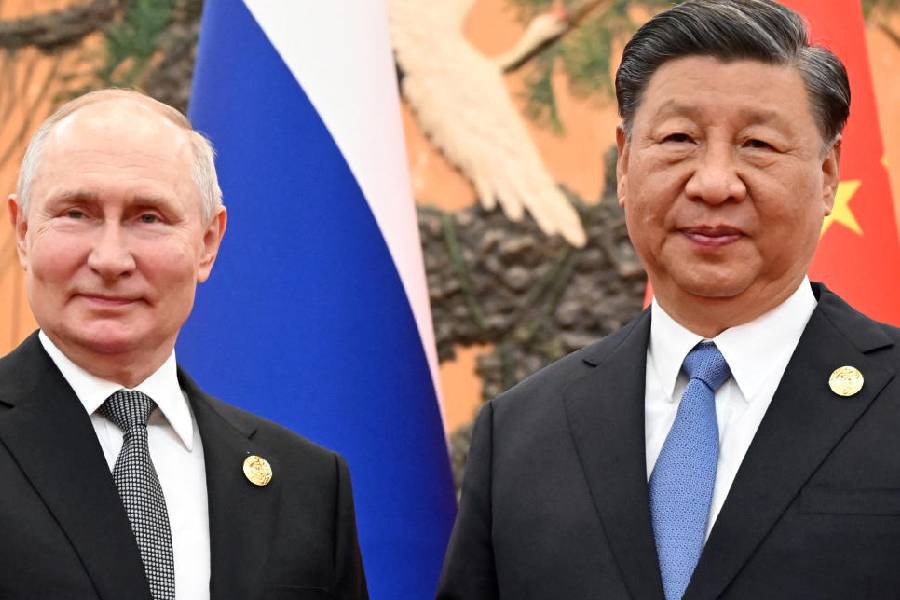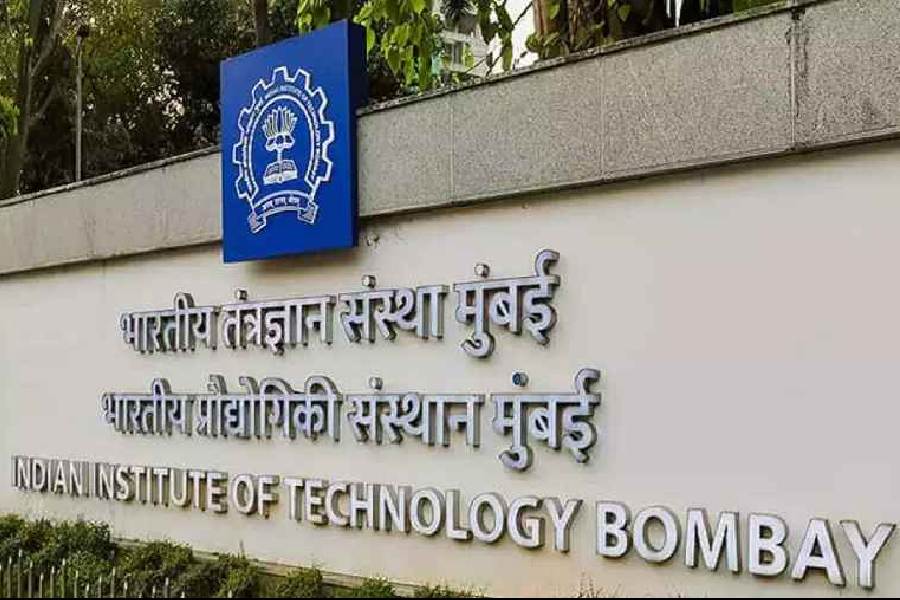The author

Vivek Shanbhag, a 54-year-old writer in Kannada who became the toast of English literary circles after his Ghachar Ghochar was translated in early 2016, by Srinath Perur. Shanbhag is the author of eight works of fiction and two plays in Kannada. Ghachar Ghochar is his first novel to be translated into
English.
The interlocutor
In conversation with Vivek at the British Library, London, was Erica Wagner, the author of Gravity: Stories and Seizure. Twice a judge of the Man Booker Prize, she was literary editor of The Times, London, for 17 years and is now contributing literary editor for a host of publications.
The book
Ghachar Ghochar has been described by Pankaj Mishra as “one of the best novels to have come out of India in recent decades”. It is the story of a poor family’s successful foray into a spice business and the impact that coming into money has on family relationships. And the title? Well, it’s a nonsense phrase used to describe something that has got tangled beyond repair — a knot that can’t be untied.
The chat
Excerpts from the conversation:
Erica: Tell us a little bit of the genesis of this novel... it was a novella published as part of another collection, I think?
Vivek: In Kannada, we can have a novella, a few stories and also some poems in a single book. When I wrote this, it came out in a book which had this novella and some other stories. When it was translated into English, obviously the rules of publication changed... so only this one was picked up.
Erica: The British tend to make a narrow distinction between what is a novel and what is a novella and there is much more appreciation in Kannada that it is a matter not necessarily of length...
Vivek: In Kannada, there are novels which are shorter than this and we still call it ‘novel’. And I see people here struggling to call this a ‘novel’ or a ‘novella’ or a ‘long story’. Actually, it doesn’t matter. What matters is the depth, according to me. Or the format or the way you deal with it.

Erica: This book, I think, is of extraordinary depth. How did you find this family?
Vivek: It’s difficult to say where I got the full story. But in my first job, I went for sales trips. I spent some time with a salesman in a small town in India. On one of those visits, he took me to his house because we could not find a good place to eat. There I was surprised to see how his family was engaged with his work. So much so that the members of the family knew the codes of the products he was selling and there were hundreds of those codes! It was fun to see their enormous involvement and how they were so closely knit. I think it stayed with me. If I look back, probably this was the seed of my work....
In India, in the last 25 years there has been so much change, both visual and otherwise... globalisation and the way money has brought about a transformation.
Erica: This novel is about how changes in India affect one family. For example, there is this scene where the nephew begins his business... it is a very different kind of business from this small family-run business. Were these differences or issues specific to the family or were they everywhere?
Vivek: It’s everywhere now. If you look at this family, it’s not that they become millionaires overnight. Of course, in comparison, wealth is multifold now, but in absolute terms it’s not. Which is what you see in thousands of families in India. In the last 25 years, there is more money than what they had. It’s really a relative difference.
Erica: And they have different visions of what’s possible, what they think they want. That is what is evident in Malati’s marriage.
Vivek: I don’t know whether they know what they want. I compare it to a journey. It’s like we have left one end and you don’t know where you will land. Because a large number of people don’t know what transition they are going through and technically what they want at the end of it. I am not saying if it’s right or wrong. But that’s the state because the change is so huge in every sphere that it’s difficult to be judgemental about it.
Erica: The way you play with ideas, with roles and situations... the narrator works and his wife has a perspective on that...
Vivek: The relationship with work and how it has changed with time is a central theme here. My narrator doesn’t work but there was so much expectation from him. Suddenly when he gets all this money... his wife comes from a family with different values. She has a different perspective on work.
Erica: Tell me about the process of translation. How was that?
Vivek: Srinath Perur is the translator. I knew him for seven or eight years. I have read his stories that have not been published and his book. His sensibility is close to mine. This is his first translation. Most of the discussions we have had are not about the meaning of sentence or phrase but more about what has gone into making this work, what was my intention, why I have used a word again and again....
Normally, I wouldn’t share all this with another person because it’s a writer’s secret but as the translator, he had to know, otherwise it would not be possible to write this in another language. That is how we worked. It took time, it took three to four revisions.
Anasuya Basu in London










